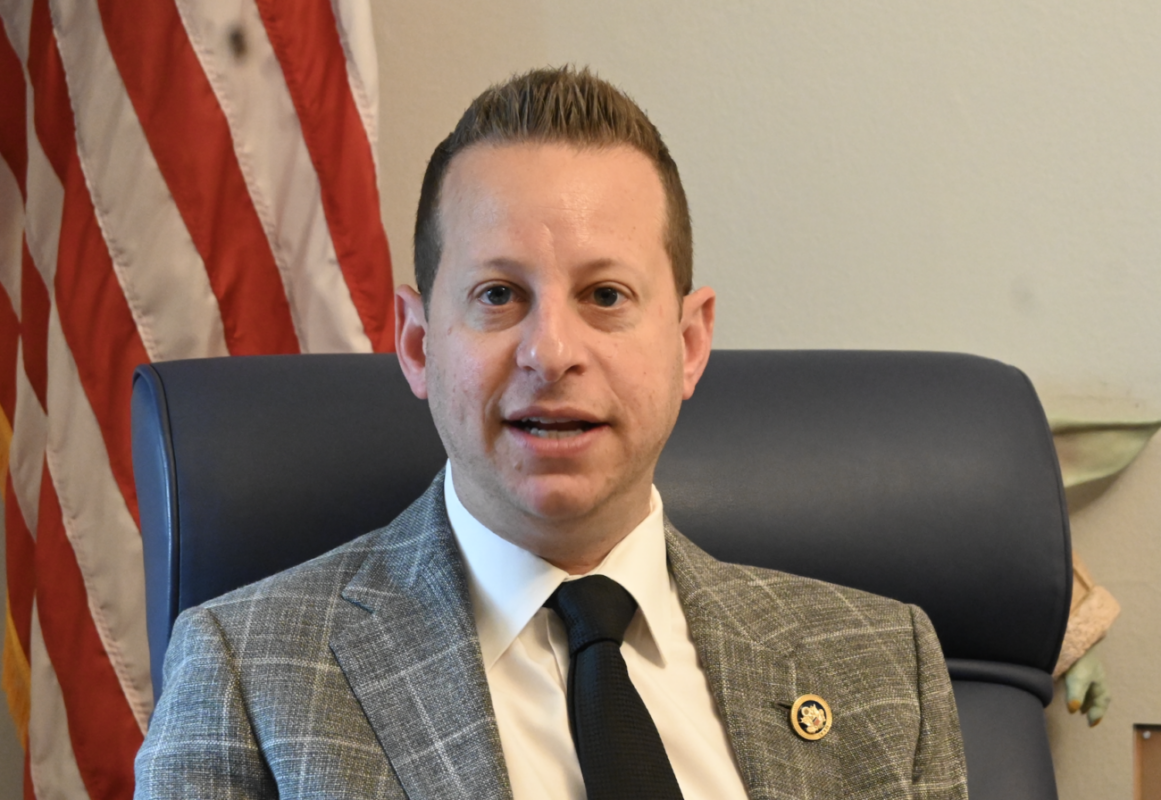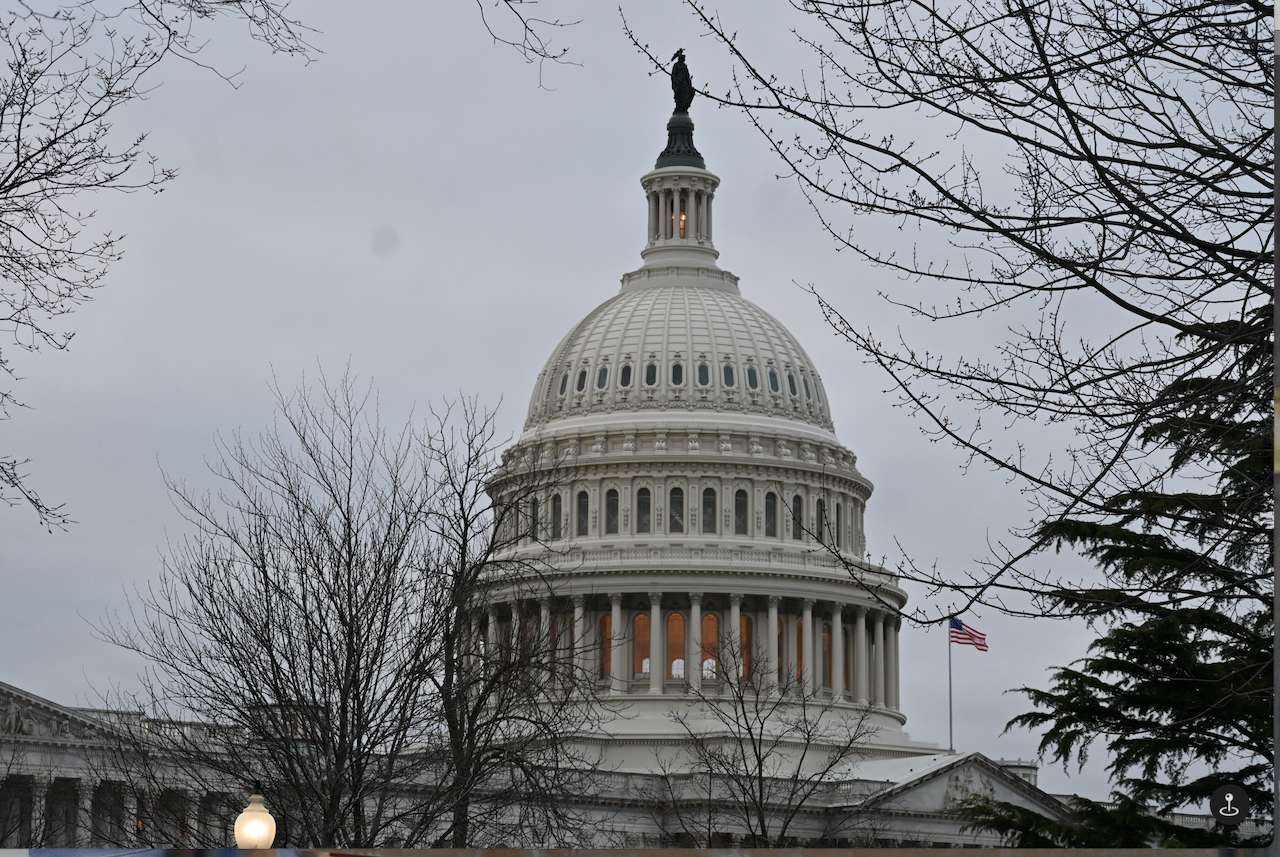Florida Representative Adam Anderson (R-57) has filed a bill that would strengthen Florida’s Driving Under the Influence (DUI) laws.
If passed, Representative Anderson’s bill would expand the scope of circumstances in which an individual could be charged with a DUI.
Currently, an individual can be charged with a DUI if he is driving or in “actual physical control” of a vehicle while under the influence of alcohol or drugs.
The ambiguity around what is considered “actual physical control” has led some legal experts to suggest certain situations where an individual is under the influence in their car would be exempt.
For example, “sobering up” in the backseat of a car, under current Florida regulations, has been deemed by some as lawful behavior.
Anderson’s bill, if passed, would elucidate the exact meaning of “actual physical control”.
Under Anderson’s bill, “actual physical control” means being physically in a vehicle and having the “capability to operate the vehicle, regardless of whether the vehicle is actually being operated at that time.”
Given the new definition, DUI charges would have to prove that charged individuals were in their vehicles and able to operate them.
Thus, debate over the legality of gray areas such as sobering up in a passenger seat would turn on whether the involved individual has the ability to operate the vehicle.
Additionally, Anderson’s proposal would classify as second degree felonies any accidents caused by driving under the influence and resulting in serious bodily harm to third parties.
Moreover, accidents caused by driving under the influence and resulting in the death of third parties would be first degree felonies.
Second degree felonies are punishable with up to 15 years imprisonment , while first degree felonies can result in capital punishment.
According to Forbes, Florida ranks as the 34th worst state for drunk diving.
Forbes’ latest figures demonstrate 5.09 drunk drivers are involved in fatal car crashes per 100,000 licensed drivers.














